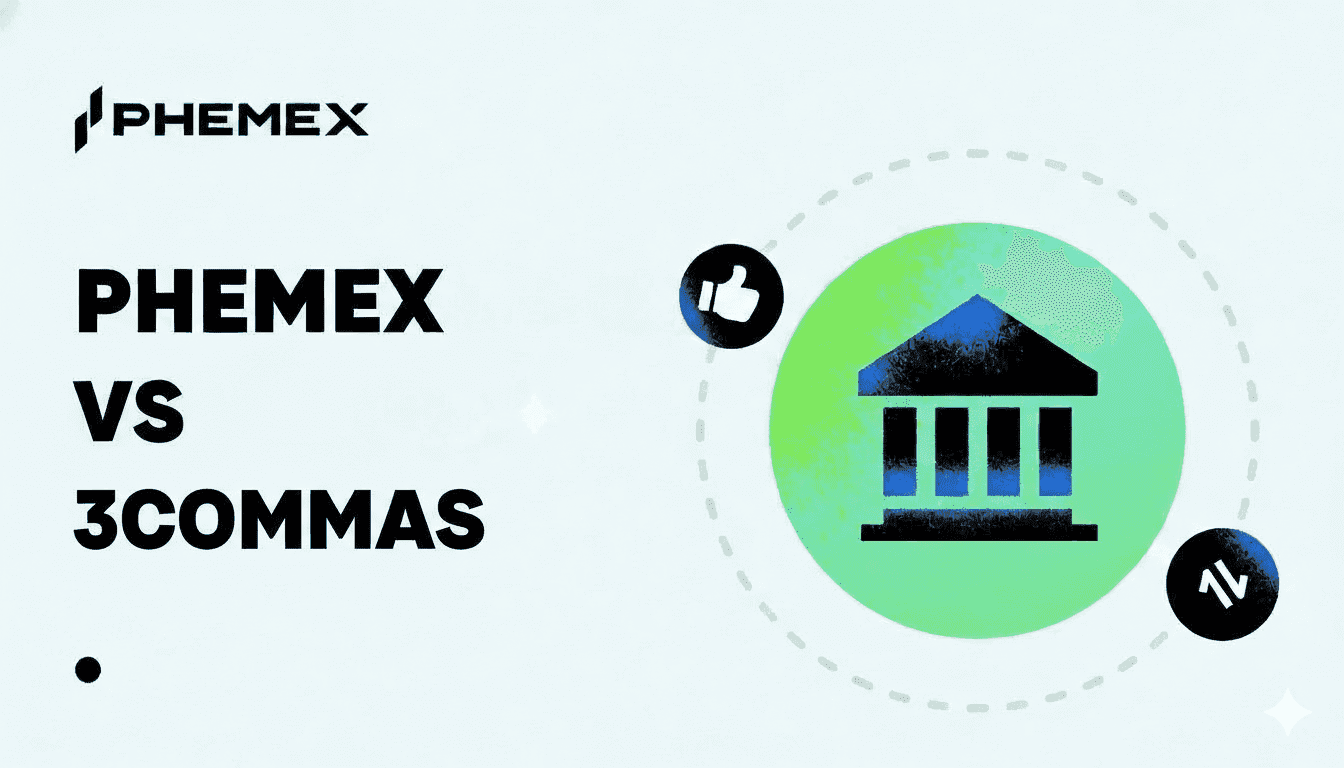There are a number of countries that have made the leap, promised, or indicated an openness to adopting cryptocurrency, specifically Bitcoin, as their country’s legal tender. Moreover, there is plenty of speculation about how, when, and if this adoption will happen completely, and what that will look like. Recent examples include El Salvador and the Central African Republic.

Cryptocurrency adoption as legal tender offers not only investment opportunities, as seen in the President of El Salvador’s case, but legitimacy as well, mainly as a tool for transactions and trade (not just investment), which speaks to the hype around cryptocurrency as a tool for increasing financial inclusion and developing tools for more transparent and approachable financial systems.
While many explanations can be found for why countries would choose Bitcoin as a legal tender, these are often incompatible with the expectations of the owners of their sovereign debt, specifically the International Monetary Fund. The IMF promotes structural adjustment policies under the larger umbrella of maintaining global economic stability and has strict conditionalities within its loan agreements.
Many of the countries that have expressed interest or acted on the adoption of Bitcoin as a legal tender have outstanding IMF debt. However, in March 2022, Argentina signed an arrangement with the IMF with language that the Argentinian government would “discourage the use of cryptocurrencies with a view to preventing money laundering, informality, and disintermediation.” However, in strengthening financial resilience, they will also “support the current process of digitization of payments to improve the efficiency and costs of payments systems and cash management.”
What’s The Significance?
Discouraging cryptocurrencies as a conditionality of a loan sends a strong message. Given not only the amount of money managed by the IMF, but the number of countries that have ongoing and upcoming agreements, the IMF can and does have a significant impact on the financial and monetary policies of debtor governments.
Every crypto user’s reasons for investing may be different, but their investment is also in the legitimacy of the currency. The IMF expecting countries to discourage the use of cryptocurrency indicates their hesitancy at accepting cryptocurrency as a part, and a growing part, of the global financial system. Not all countries necessarily want to adopt Bitcoin as legal tender or create opportunities to use it for daily transactions. However, making a commitment to discouraging it broadly significantly limits the other ways crypto, and specifically, Bitcoin can be used.
This hits particularly hard in countries with unstable currencies, political crises, or other insecurities that impact people’s ability to complete transactions or hold wealth. For example, soon after the Argentinian government signed their MoU, their central bank announced that Argentinian financial institutions were no longer allowed to offer services related to unregulated digital assets. Preventing banks from offering consumers cryptocurrencies, decreases their access and ability to use these digital assets in the Argentinian and global economy.
Analysis
There are many reasons to embrace cryptocurrencies, and there are many reasons to approach them with caution. For a country that adopts a single cryptocurrency as legal tender, this doesn’t mean that all citizens are expected to immediately drop their national currency (or currencies) and invest in an unregulated currency. However, what it does offer are options.
Maintaining a stable currency is prioritized by the IMF. Watching the recent drop in Bitcoin and cryptocurrency markets, investors and observers alike are worried and wondering what happens next. It can be seen as another indication of the lack of predictability in crypto and a warning of how severely people can be impacted, especially if this is the currency they are relying on to fill their grocery basket.
Conclusion
- Don’t overlook the conditionality written into sovereign debt. The conditions of loans are not always transparent or easily accessible, but, as seen in the case of Argentina, can offer explanations for government policies related to cryptocurrency, digital assets, and fintech.
- Consider outside pressure when understanding national attitudes towards cryptocurrency and government reasons behind adding another currency as legal tender. In the case of El Salvador, the government has a low credit rating due to high sovereign debt, so consider why an unregulated asset would present a new opportunity when they can’t service existing debt.
- There are enormous gaps in education related to digital assets and cryptocurrency. The IMF wants to encourage the digitization of payments while discouraging certain currencies used for those payments. It’s impossible to say exactly how many more people would have invested in cryptocurrencies through Argentinian banks or increased their use of it for transactions. But much of the coverage has overlooked the difference between education and access. Increasing access to cryptocurrencies is one thing, but does not change how they are used if people don’t know what they are or why the IMF is discouraging them.









